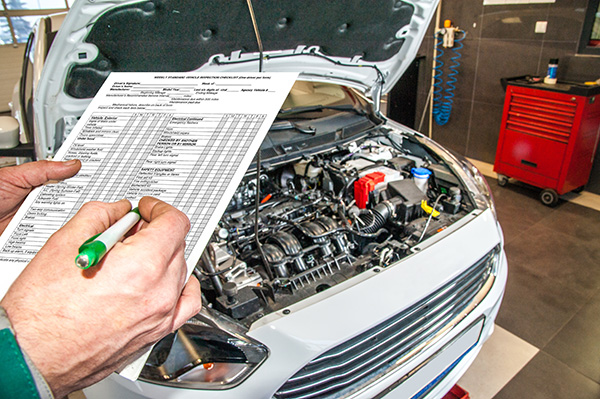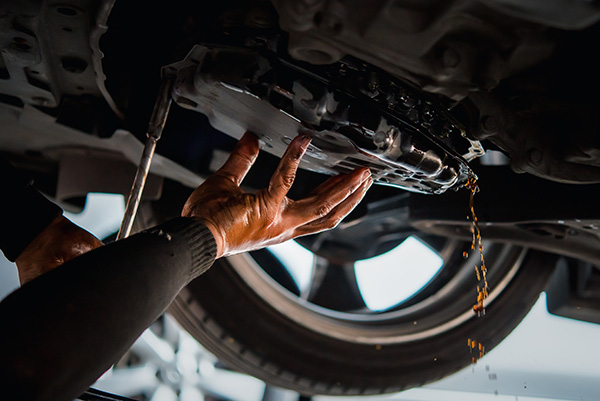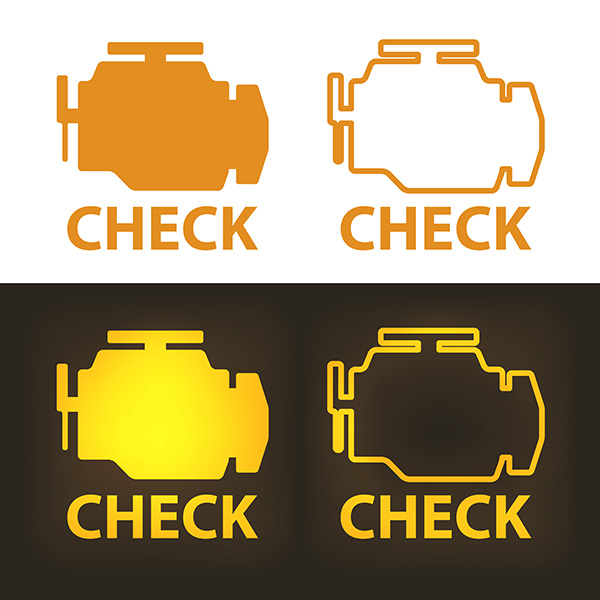Posted on 9/26/2025

Regular car maintenance may feel like a chore, but it is one of the smartest ways to avoid major repair bills down the line. Preventive maintenance isn’t just about keeping your vehicle running smoothly. It’s about catching problems early, improving performance, and extending the life of your car. If you've ever dealt with an unexpected breakdown or expensive repair, you know how fast costs can add up. Here’s how sticking to a maintenance routine can actually save you money in the long run. Minor Fixes Now Prevent Major Repairs Later Think of your vehicle like a chain of systems. If one part fails, it can place extra stress on others. For example, ignoring worn brake pads can lead to damaged rotors, calipers, and even suspension parts. What could have been a simple brake job turns into a repair that costs several times more. Changing fluids regularly, replacing worn belts and hoses, and inspecting systems like your battery, brakes, and tires h ... read more
Posted on 8/29/2025

When you press your foot on the brake pedal, you expect a steady, smooth response that brings your car to a stop. If the pedal instead vibrates or pulsates under your foot, it’s a clear sign something is wrong. Many drivers describe the sensation as the pedal shaking or the car shuddering as it slows down. While it might start off mild, brake pedal pulsations often get worse over time and should never be ignored. Not only does this issue affect driving comfort, but it can also signal that critical components of your braking system need immediate attention. How Warped Brake Rotors Cause Pulsations One of the most common reasons behind a pulsating brake pedal is warped brake rotors. Rotors are the flat, round discs that your brake pads press against to slow your car. When they wear unevenly or become slightly warped, the pads cannot maintain consistent contact. Instead, they grip and release unevenly as the wheel spins. This repeated grabbing creates a vibration ... read more
Posted on 7/29/2025

Transmission fluid is one of the most critical but least talked-about fluids in your vehicle. It plays a key role in keeping your transmission system lubricated, cool, and functioning smoothly. Over time, however, transmission fluid breaks down and loses its effectiveness. That’s why staying on top of transmission fluid changes is so important for your vehicle’s performance and long-term health. The Role of Transmission Fluid Whether your vehicle has an automatic or manual transmission, the fluid serves multiple purposes. It lubricates gears and bearings, cools the transmission to prevent overheating, and transmits hydraulic pressure to enable smooth gear shifts. In automatic transmissions, the fluid does even more—it helps transfer power and ensures consistent performance under various driving conditions. However, regardless of the type, all transmission fluid is exposed to heat and mechanical stress, which causes it to degrade over time ... read more
Posted on 6/27/2025

The check engine light is one of the most important warning indicators in your vehicle. While a steady light can signal a range of potential issues, a flashing check engine light demands immediate attention. If you’ve ever noticed this light blinking on your dashboard while driving, it’s important not to ignore it. A flashing check engine light typically points to a serious issue that could cause significant engine damage if not addressed promptly. Many drivers understandably feel nervous when this happens, but the good news is that prompt action can help prevent more extensive repairs and costly breakdowns. The key is understanding what a flashing check engine light means and what to do about it. What Does It Mean When the Light Is Flashing A flashing check engine light is your vehicle’s way of alerting you to an active misfire in one or more of the engine’s cylinders. Misfires occur when the air-fuel mixture inside the engine doesn't ig ... read more
Posted on 5/30/2025

When your car hesitates or struggles to accelerate, it’s easy to suspect fuel or ignition problems. However, one component that is often overlooked is the catalytic converter. While it's mainly known for reducing emissions, a failing or clogged catalytic converter can have a direct impact on engine performance—and it may be the reason your vehicle feels sluggish when you hit the gas. Here’s how a bad catalytic converter affects acceleration, what signs to watch for, and when it’s time to get it checked out. What the Catalytic Converter Does The catalytic converter is part of your exhaust system. Its job is to convert harmful gases from combustion into less harmful emissions before they exit the tailpipe. It uses a combination of heat and rare metals to trigger chemical reactions that reduce pollutants like carbon monoxide, hydrocarbons, and nitrogen oxides. While it’s great for the environment, the catalytic converter also creates ... read more